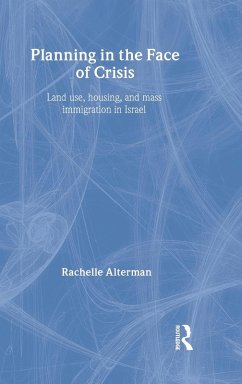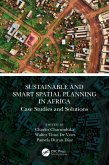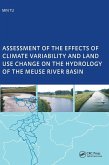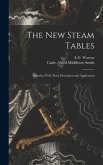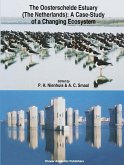Critics of urban and regional planning argue that it is best suited to manage incremental change. Can a planner's skills and expertise be effective in handling a major crisis and large-scale change? The mass immigration from the former Soviet Union to Israel in the 1990s offers the opportunity to study one of the largest-scale (non-disaster) crisis situations in a democratic, advanced-economy country. This book recounts the fascinating saga of how policymakers and planners at both the national and local levels responded to the formidable demand for housing and massive urban growth. Planners forged new housing and land-use policies, and applied a streamlined (but controversial) planning law. The outputs were impressive. The outcomes and impacts changed the landscape and human-scape of Israel, heightening dilemmas of land use and urban policy in this high-density country.
Hinweis: Dieser Artikel kann nur an eine deutsche Lieferadresse ausgeliefert werden.
Hinweis: Dieser Artikel kann nur an eine deutsche Lieferadresse ausgeliefert werden.

